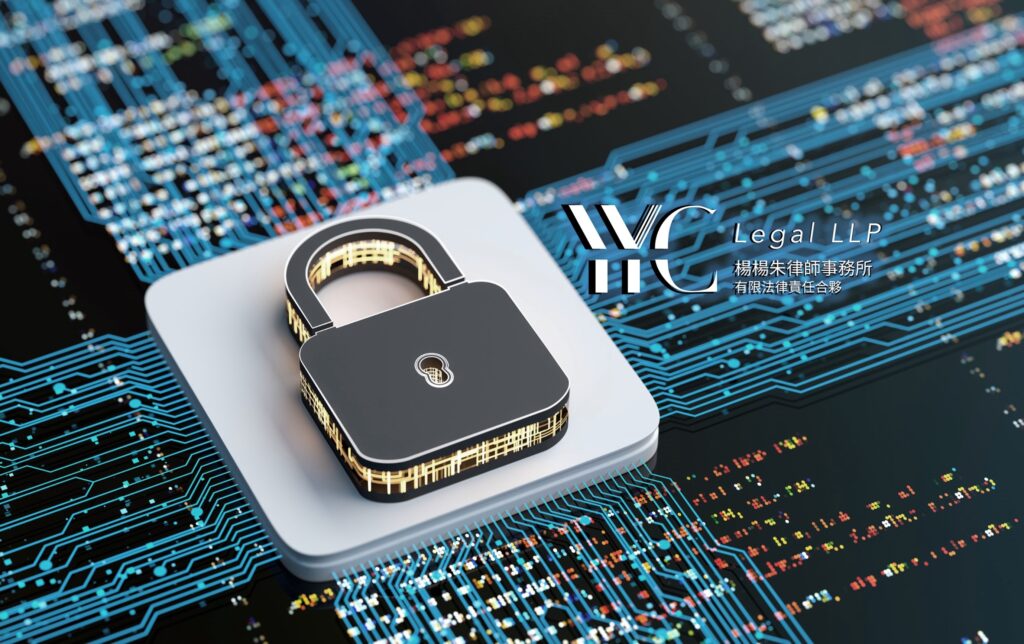

Since 2010, the Global Law Experts annual awards have been celebrating excellence, innovation and performance across the legal communities from around the world.
posted 3 weeks ago
Hong Kong does not have statutory requirements on critical infrastructure cybersecurity. However, critical infrastructure around the world is at risk of cyberattacks and the repercussions of such malevolent action can be extremely severe.
In recent years, legislation to protect the security of computer systems of critical infrastructure has been enacted in mainland China, Australia, the UK and the EU. Following in these footsteps, Hong Kong proposes to enact a new legislation tentatively titled the Protection of Critical Infrastructure (Computer System) Bill.
Regulation targets
The proposed legislation seeks to regulate the operators of critical infrastructure that are necessary for:
The new law will regulate only computer systems that are related to the normal functioning of critical infrastructure, regardless of their physical location, but not the operators’ other systems.
The legislation will not apply to essential services operated by the government – like water supply, drainage and emergency relief – as the government already has comprehensive internal information technology security policies and guidelines. Consequently, government departments will continue to be regulated by the existing administrative framework.
Administration
A new commissioner’s office will be established under the Security Bureau, to implement the proposed legislation.
Designation
Whether a piece of infrastructure is designated as a critical infrastructure will depend on factors such as whether it provides essential services or maintains important societal and economic activities in Hong Kong, its reliance on information technology, and the severity of societal impact in the event of damage, loss of functionality or data leakage.
Operators
The commissioner’s office will expressly designate certain operators as critical infrastructure operators (CIOs). These operators will mostly be large organisations but the list of designated CIOs will not be made public to protect their critical infrastructure from potential cyberattacks.
Designated CIOs will be required to fulfil three types of obligations:
Sector regulators
Certain essential service sectors are already comprehensively regulated by statutory sector regulators. These regulators can monitor the discharging of CIOs’ organisational and preventive obligations. At this stage, it is proposed that:
Nevertheless, the commissioner’s office will fully grasp any incident and the response arrangements of all CIOs to co-ordinate, investigate and prevent incidents from spreading to other CIOs.
Code of practice
The commissioner’s office will issue a code of practice with requirements such as:
Way forward
The government plans to present the proposed legislation to the Legislative Council by the end of 2024. After the bill is passed, the commissioner’s office will be established within a year. The legislation will come into effect within the following six months. …READ FULL ARTICLE
By: Rossana Chu at YYC Legal LLP
Note: This material has been prepared for general informational purposes only and is not intended to be relied upon as professional advice. Please contact us for specific advice.
posted 6 hours ago
posted 11 hours ago
posted 2 days ago
posted 2 days ago
posted 2 days ago
posted 3 days ago
posted 3 days ago
posted 6 days ago
posted 7 days ago
posted 1 week ago
posted 1 week ago
No results available
ResetFind the right Legal Expert for your business
Sign up for the latest legal briefings and news within Global Law Experts’ community, as well as a whole host of features, editorial and conference updates direct to your email inbox.
Naturally you can unsubscribe at any time.
Global Law Experts is dedicated to providing exceptional legal services to clients around the world. With a vast network of highly skilled and experienced lawyers, we are committed to delivering innovative and tailored solutions to meet the diverse needs of our clients in various jurisdictions.